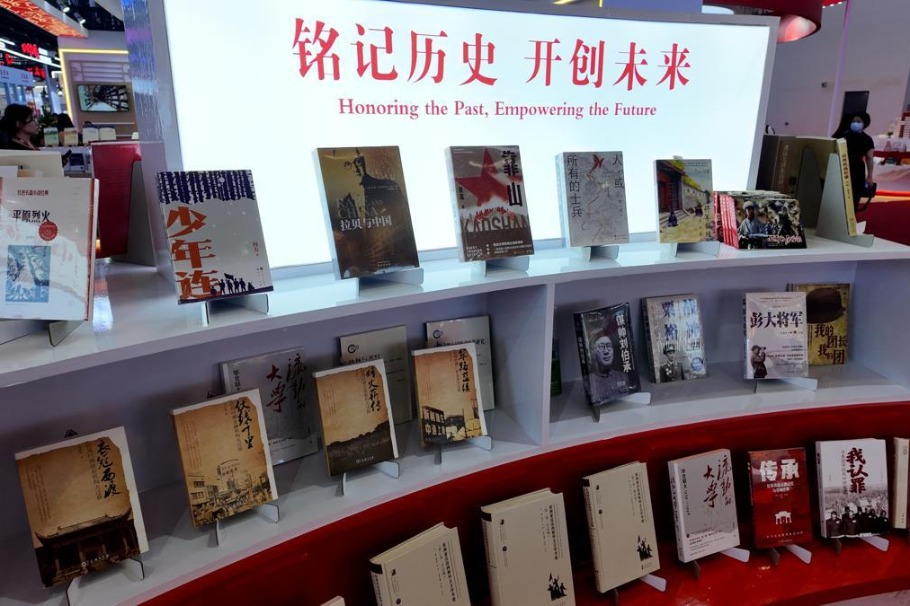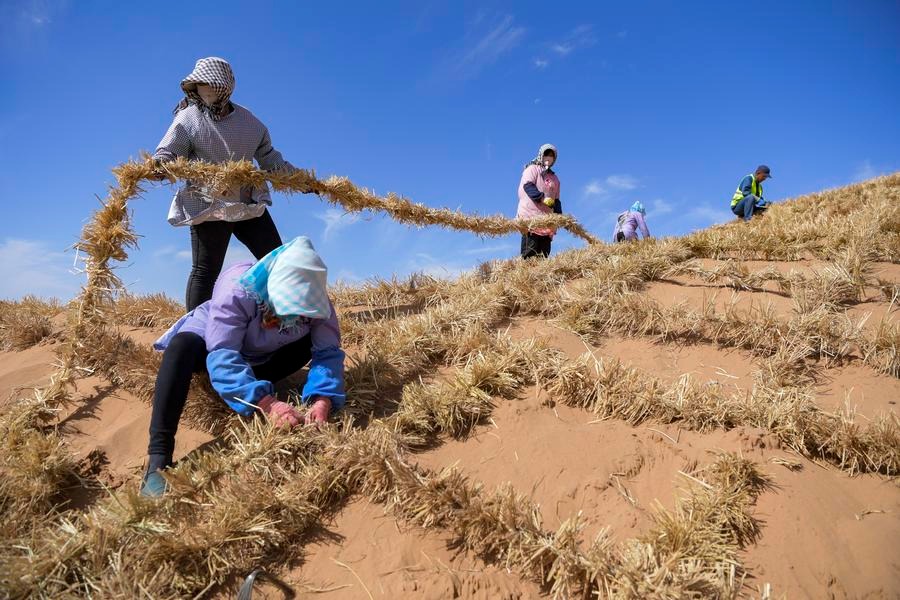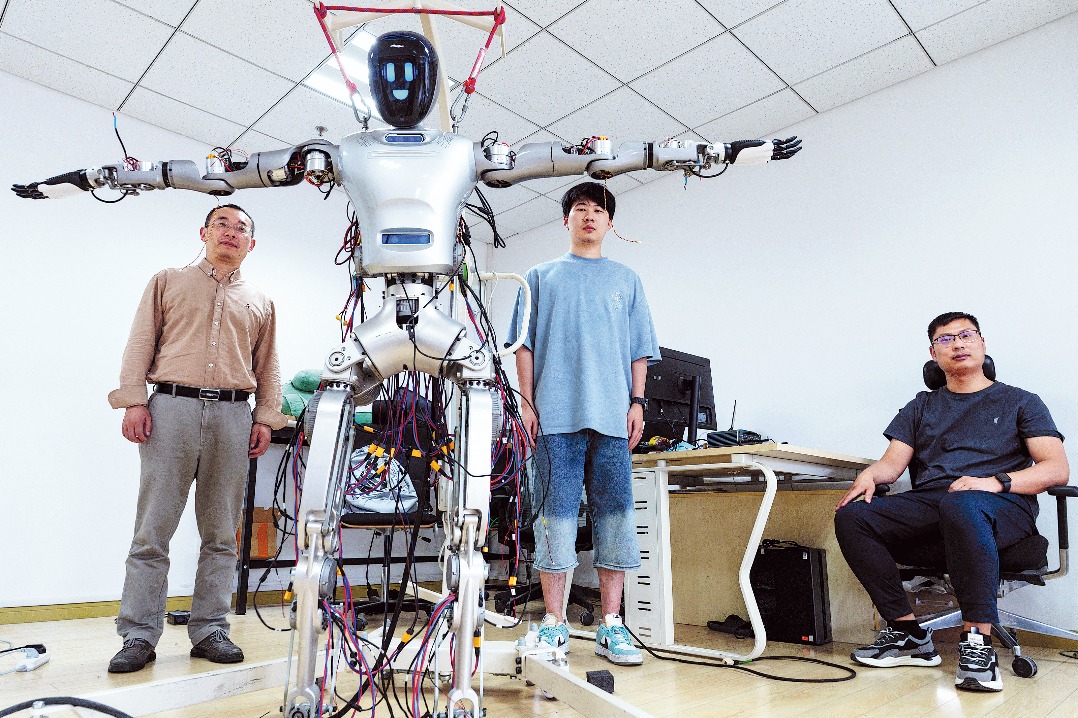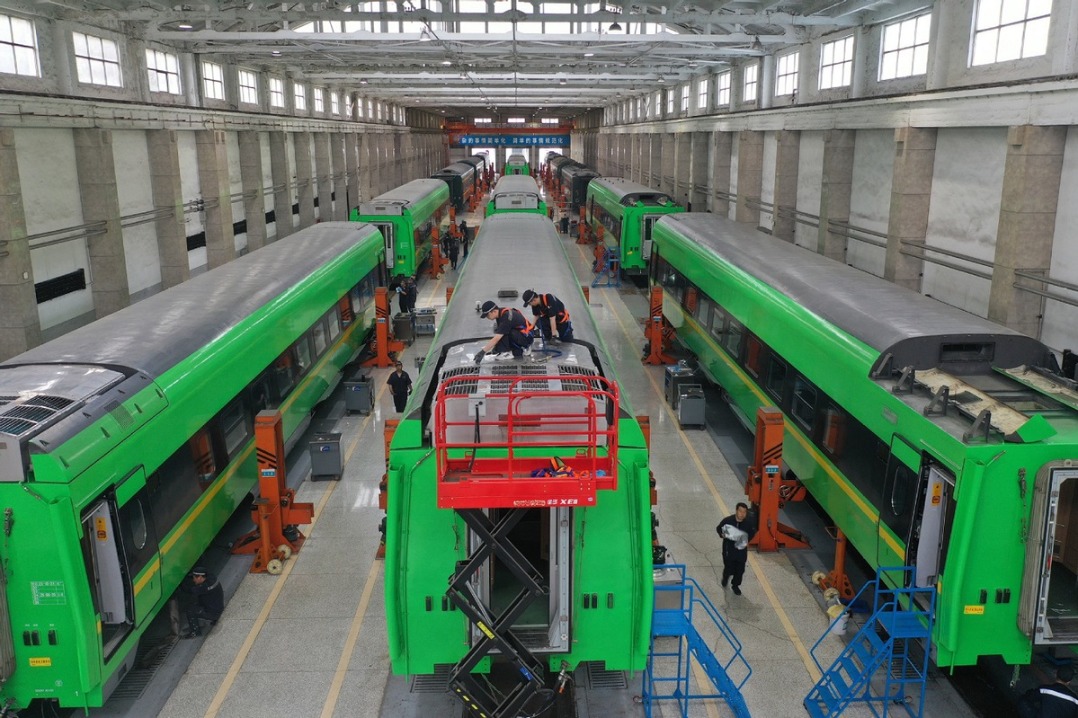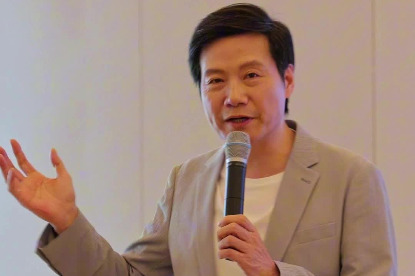Officials refute so-called 'forced labour' in Xinjiang Uygur

Deputies to the delegation of the Xinjiang Uygur autonomous region of the 14th National People's Congress refuted the allegation of the existence of so-called forced labor in the cotton industry with facts on Thursday.
Akrem Memetmin, Party chief of Sayimaili village in southern Xinjiang's Luntai county, said during an open panel discussion session of the delegation on the sidelines of the ongoing annual session of the top legislature that the villagers never need to be forced to plant cotton, because they know they can get a handsome return.
He made the remarks when answering China Daily's question on the opinions of the United States' move of imposing sanctions on cotton products from the region over the "forced labor" allegation.
The US and its allies have seen a crackdown against Xinjiang's cotton industry since 2020 over the so-called forced labor allegation.
"Machinery has already replaced most manpower at different stages of cotton farming in the village. How can we force machines to work?" said Akrem, adding that most people in the village make a living by producing cotton.
The villagers now use drones to spray pesticides. Also, autonomous tractors are used to sow seeds and harvest cotton. In fact, people prefer to use machinery for cotton picking because they can help cut the cost by 75 percent, Akrem said.
"On behalf of the ethnic Uygur villagers, I want to say something from the bottom of my heart. We bought cars and houses and improved our lives because of cotton. We don't need to be forced to make more money," he added.
Jin Zhizhen, vice-chairman of the Xinjiang Regional Committee of the Chinese People's Political Consultative Conference, said Xinjiang has been the biggest production base for quality commodity cotton in China since the 1990s. And the annual output has been over 5 million metric tons for five consecutive years.
The development of the cotton industry can boost the development of other related industries, such as textile and agricultural machinery, which can create more job opportunities for the local people and increase their income, Jin said.
"The purpose of cracking down on Xinjiang's cotton industry in the name of so-called forced labor is in fact to make people lose their jobs and fall back into poverty. By curbing the development of Xinjiang, the US aims to contain China's development," Jin said. "But the US won't succeed. And cotton products from Xinjiang will continue to be popular in the world."
- China accuses Philippines of illegal South China Sea incursion
- Top court helps resolve $10 million cross-border commercial dispute
- Former senior official of Jiangxi under investigation
- Guangxi positioned as key gateway for China's expansion into ASEAN and RCEP markets
- New Zealand PM anticipates a closer bilateral relationship
- Safe fishery production highlighted in national competition
















